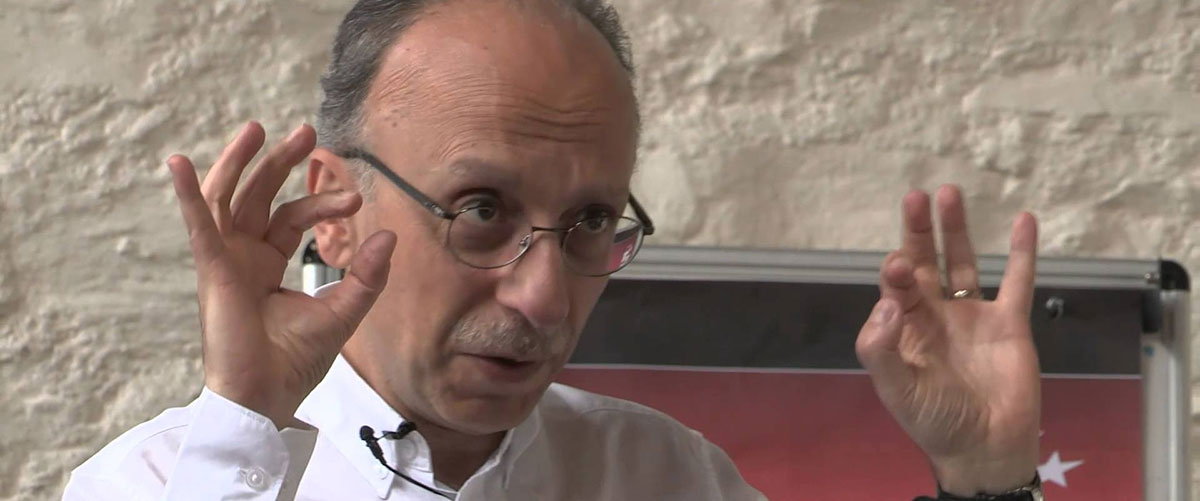Biography
Michel Bitbol is Directeur de Recherche at the CNRS, in Paris, France. He is presently based at the Archives Husserl, a center of research in Phenomenology. He received successively a M.D., a Ph.D. in physics, and a “Habilitation” in philosophy.
He first worked as a research scientist in biophysics from 1978 to 1990. From 1990 onwards, he turned to the philosophy of physics. He edited texts by Erwin Schrödinger, and developed a neo-kantian philosophy of quantum mechanics. In 1997 he received an award from the Academie des sciences morales et politiques for his work in the philosophy of quantum mechanics.
Later on, he studied the relations between the philosophy of physics and the philosophy of mind, working in close collaboration with Francisco Varela. He learnt some Sanskrit and published a book (De l’intérieur du monde, 2010) in which he draws a parallel between Buddhist dependent arising and non-supervenient relations, in quantum physics and the theory of knowledge. He then developed a conception of consciousness based on an epistemology of first-person knowledge and a phenomenological critique of naturalist theories of consciousness (La conscience a-t-elle une origine ?, 2014). Recently, he edited a collection of works by Francisco Varela, from autopoiesis to śūnyatā.
Addressing the problem of consciousness without a theory
Abstract
When he elaborated the discipline he called “neurophenomenology”, Francisco Varela was explicitly looking for a way out to the well-known “hard problem” of the physical origin of consciousness. In the wake of a standard Western naturalistic attitude, one then wonders which theory of consciousness was upheld by him. Wandering in the writings of Francisco Varela, one may find kinship between his views and either idealism, dualism, or mind-brain identity theory (in succession or even simultaneously). But whenever one of these comparisons is pushed too far, it tends to collapse. None of these theories taken in isolation can claim to capture Francisco Varela’s strategy when dealing with the hard problem of consciousness. We may then ask : what was, after all, Francisco Varela’s position about the status of consciousness in the world ? Was there any such position at all ?
My claim is that there is a perfectly consistent Varelian position about consciousness, but that this position has nothing to do with a theory. Indeed, the subtitle of Varela’s original paper announced a “methodological remedy” to the “hard problem” of consciousness, not a solution or a theory. Any theory of consciousness is then successively examined and rejected, in the style of the Madhyamika philosophy. And what is left is a pure existential stance, and a research methodology, in which the problem of the origin of consciousness is seen to be irrelevant. No “solution” is given to the problem of the origin of consciousness, but a mere “dissolution” in the spirit of Husserl’s and Merleau-Ponty’s phenomenology which was Varela’s central philosophical reference. A final comparison is made between this approach of consciousness and the Yogacara/Cittamatra Buddhist approach.
